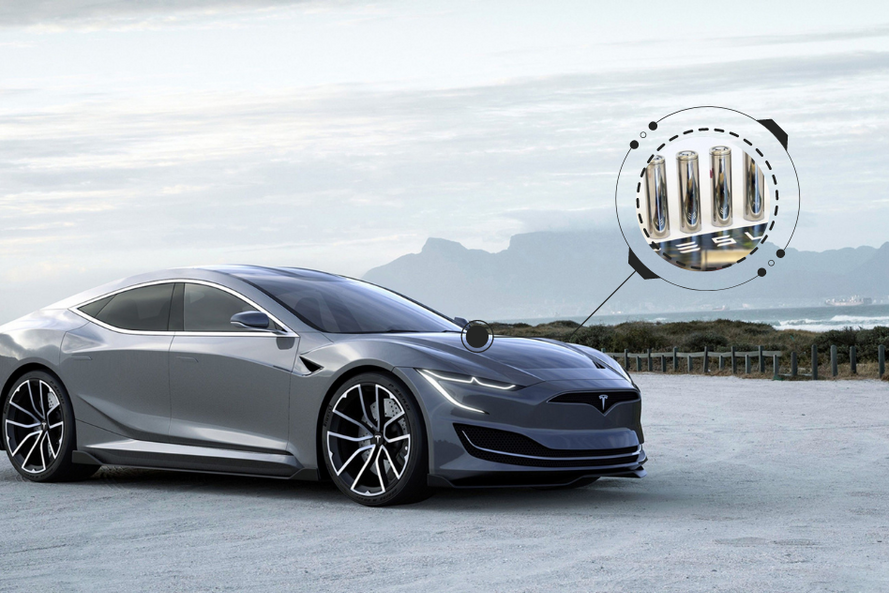Driving Sustainability: Understanding the Differences Between Li-ion and Solid State Batteries for Electric Cars

The development of electric vehicles has been on the rise in recent years, and with it comes the need for more efficient battery technology. Two promising technologies that have emerged are Li-ion batteries and solid-state batteries. Both offer improved performance over traditional lead acid batteries, but each has its own advantages and disadvantages when used in an automobile application. In this blog post we will take a look at both types of battery technology to see which is best suited for use in cars today.
Li-ion (Lithium Ion) Batteries have become increasingly popular due to their high energy density and low weight compared to other types of rechargeable batteries such as lead acid or nickel metal hydride (NiMH). Li-Ion cells also require minimal maintenance since they don’t suffer from memory effect like NiMH cells do, making them ideal for applications where frequent recharging is required such as electric vehicles or consumer electronics devices like laptops or smartphones. The main drawback with Li-Ion cells however is their relatively short cycle life – typically only around 500 cycles before significant capacity loss occurs – meaning they may not be suitable for long term automotive applications where high power output over multiple charge/discharge cycles is desired.
On the other hand Solid State Batteries offer much higher cycle life than conventional lithium ion cell chemistry can provide - some estimates suggest up to 10 times longer - while still offering similar levels of energy density thanks to newer materials being developed specifically tailored towards these type of systems. This makes them particularly well suited for automotive applications, especially those requiring extended range capabilities without sacrificing too much on power delivery. Additionally, unlike regular lithium ion chemistries, solid state systems are inherently safer due to lack any volatile liquid electrolyte component which could potentially leak out under extreme conditions leading potential fire hazards
To illustrate how these two different technologies compare let's consider a case study involving an all-electric vehicle :
A Tesla Model S P85D equipped with either a standard li-ion battery pack rated at 85kWhr capacity OR alternatively one fitted with new generation solid state units instead rated similarly at 85kWhr capacity . Assuming each car was driven 100 miles per day five days per week over three years period here what results we would expect: With regular li ion system you'd likely get about 20% drop off total range by end year 3 whereas if same car was fitted instead using advanced SSB tech then you'd probably be looking closer 25%-30% less degradation
Ultimately both Li Ions & Solid States offer very different advantages depending upon your specific needs so before investing any money into either option be sure do your research first determine exactly what kind performance, you're after from car itself then choose accordingly best fits requirements...and hopefully arrive at nerve racking end without any nasty surprises along way!
Copyright: TESLA
Find the auto parts, used parts and buy vehicles you need at Autotek.ae, the leading online marketplace for the automotive industry.
No posts found
Write a review